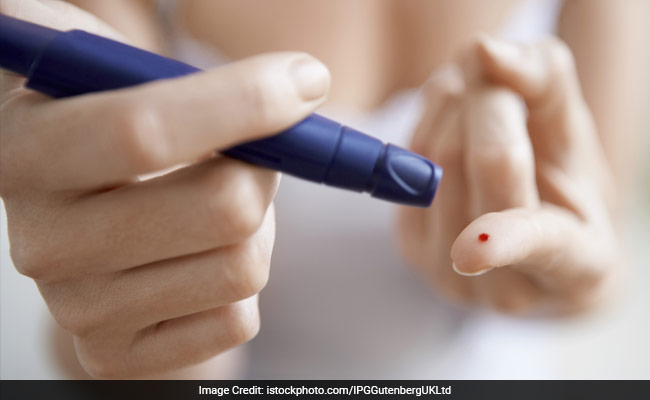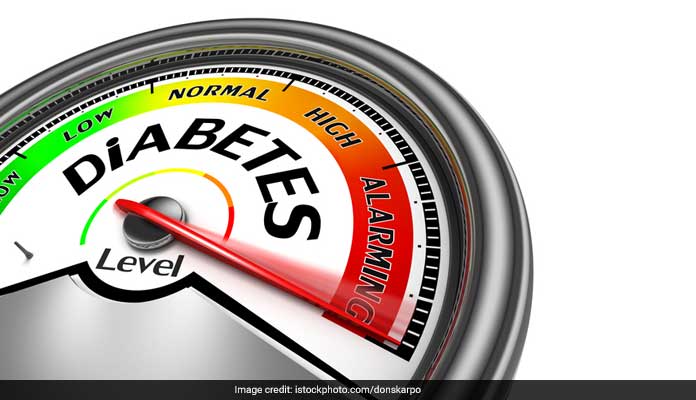
The finger-stick blood test which has been promoted as as easy, quick and convenient way to measure your blood sugar levels may not be as reliable as you think it is. Diabetes management requires you to check your glucose levels at different times through the day. This led to the development of the finger-stick blood test which can measure the blood sugar levels with a prick of your fingertip and a drop of blood placed on a strip inserted in a glucose meter that displays the reading. Finger stick testing has been believed to give quite an accurate reflection of sugar levels in the blood stream, but a new study shows that it may not be the case. According to researchers from UNC School of Medicine, the finger stick test may not help type 2 diabetes patients who do not take insulin.
The World Health Organisation projects that diabetes will be the 7th leading cause of death by 2030. Type 2 diabetes
(previously known as the non-insulin-dependent or adult-onset) results from the ineffective use of insulin in the body. It has been seen that simple lifestyle measures such as a good diet, eating frequently and regular exercise can help in managing type 2 diabetes. This new study suggests that self-monitoring of blood glucose in non-insulin treated type 2 diabetes has limited utility.

The study involved 450 patients and was published in the journal JAMA Internal Medicine. It suggests that patients living with diabetes should discuss the need for blood sugar monitoring with their health care providers. If the health experts feel that the patient does not need to monitor his blood sugar levels frequently because he does not require insulin, he may not have to use the finger stick test at home and can save the money spent on buying the glucose meter and daily strips until insulin treatment is required.
Although, some health experts believe that daily blood glucose testing can make you more aware and help you manage your diet and lifestyle better in accordance with your condition, this new study emphasizes that daily testing, if it is not really required, can impose an extra financial burden and also make the patients more anxious about their ailment.
[“source-food.ndtv”]



